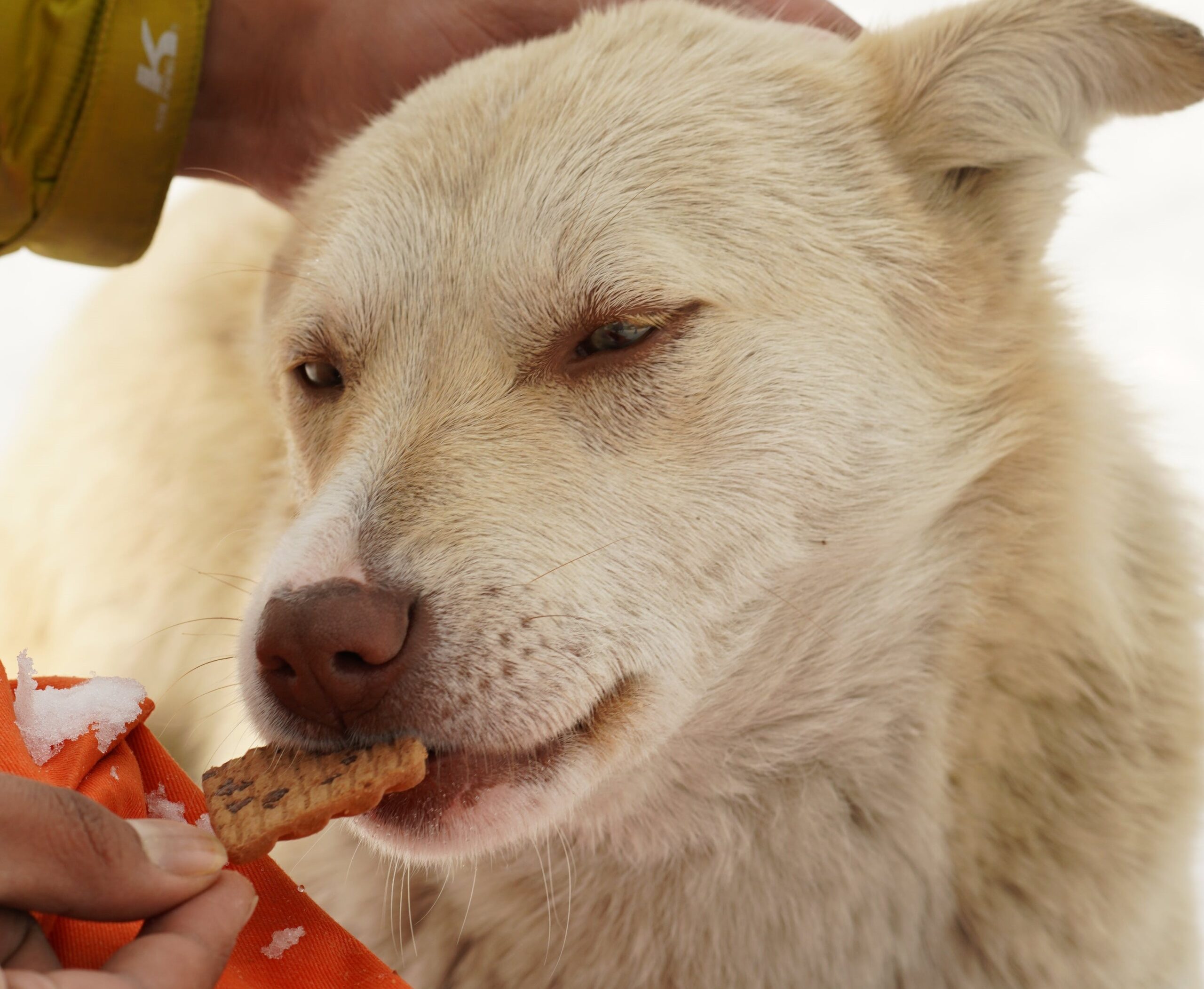Pet health and dog nutrition are paramount considerations for responsible pet owners. While sharing food with your furry friend might seem like a loving gesture, it’s crucial to be aware of the potential dangers lurking in some human foods. This comprehensive guide outlines the top 10 food items you should avoid feeding your pet dog and provides essential insights into maintaining their well-being. Additionally, we’ll discuss first aid solutions in case of accidental ingestion.
- Chocolate:
Chocolate contains theobromine, a stimulant that affects the central nervous system and cardiovascular system in dogs. Dark chocolate is particularly potent. Symptoms of chocolate toxicity include vomiting, diarrhea, increased heart rate, and in severe cases, seizures. If your dog ingests chocolate, contact your veterinarian immediately. First aid may involve inducing vomiting (if ingestion occurred within the last two hours) or activated charcoal to minimize absorption. - Grapes and Raisins:
Despite being healthy for humans, grapes and raisins can lead to kidney failure in dogs. Even small amounts can be toxic. Signs of toxicity include vomiting, lethargy, and decreased urine production. If your dog consumes grapes or raisins, seek veterinary attention promptly. Inducing vomiting and providing supportive care may be necessary. - Onions and Garlic:
Onions and garlic, whether raw, cooked, or in powdered form, can damage a dog’s red blood cells, leading to anemia. Symptoms may include weakness, lethargy, and dark urine. Avoid feeding foods seasoned with onion or garlic, and be cautious of ingredients in processed foods. If ingestion occurs, contact your vet for guidance. - Xylitol:
Xylitol, a sugar substitute often found in sugar-free gum, candy, and baked goods, is highly toxic to dogs. It can cause rapid insulin release, leading to hypoglycemia (low blood sugar). Symptoms include vomiting, loss of coordination, and seizures. Immediate veterinary attention is crucial. In some cases, inducing vomiting or intravenous dextrose may be necessary. - Alcohol:
Dogs are highly sensitive to alcohol, and even small amounts can cause intoxication. Symptoms include vomiting, loss of coordination, and difficulty breathing. In severe cases, it can lead to coma or death. Keep alcoholic beverages out of reach, and if ingestion occurs, contact your vet immediately. Treatment may involve supportive care and monitoring. - Caffeine:
Caffeine, found in coffee, tea, and certain medications, can cause restlessness, rapid breathing, and even death in dogs. Keep caffeinated products inaccessible to your pet. If ingestion occurs, seek veterinary attention. Treatment may involve inducing vomiting, activated charcoal, and supportive care. - Bones:
While some may believe that giving dogs bones is a natural treat, certain types of bones can pose risks. Cooked bones can splinter and cause gastrointestinal blockages or tears. Stick to specially designed dog treats and toys to prevent choking, digestive issues, or injuries. - Dairy Products:
Many dogs are lactose intolerant, leading to digestive upset, diarrhea, and gas. Avoid giving your dog milk, cheese, or ice cream. Opt for lactose-free alternatives if you want to introduce dairy into their diet. If accidental ingestion occurs, monitor for symptoms and contact your vet if problems persist. - Avocado:
Avocado contains a substance called persin, which can be harmful to dogs in large quantities. While the flesh itself is less toxic, the pit and skin pose a choking hazard. Signs of avocado toxicity include vomiting and diarrhea. If your dog ingests avocado, contact your vet for guidance. - Macadamia Nuts:
Macadamia nuts are known to cause weakness, tremors, and hyperthermia in dogs. While the exact mechanism is unclear, it’s best to avoid feeding them to your pet. If ingestion occurs, contact your veterinarian. Treatment may involve supportive care and monitoring.
Conclusion:
Prioritizing pet health and dog nutrition involves understanding the potential hazards in certain human foods. By avoiding these top 10 food items and being vigilant about your dog’s diet, you contribute to their overall well-being. Accidents can happen, so it’s essential to be aware of the signs of toxicity and seek prompt veterinary attention if needed. Responsible dog care includes not only providing love and companionship but also ensuring a safe and healthy diet for your beloved canine companion.

